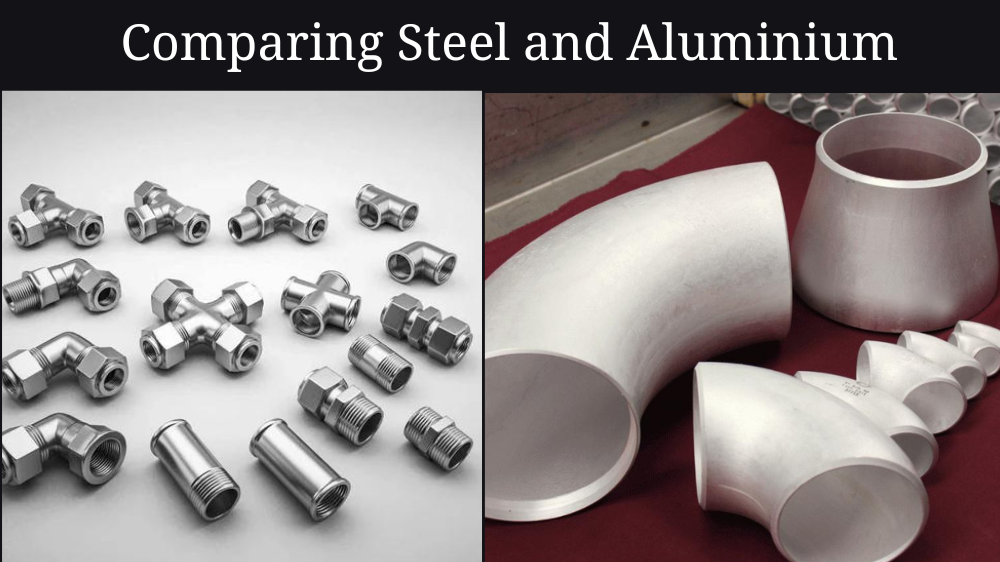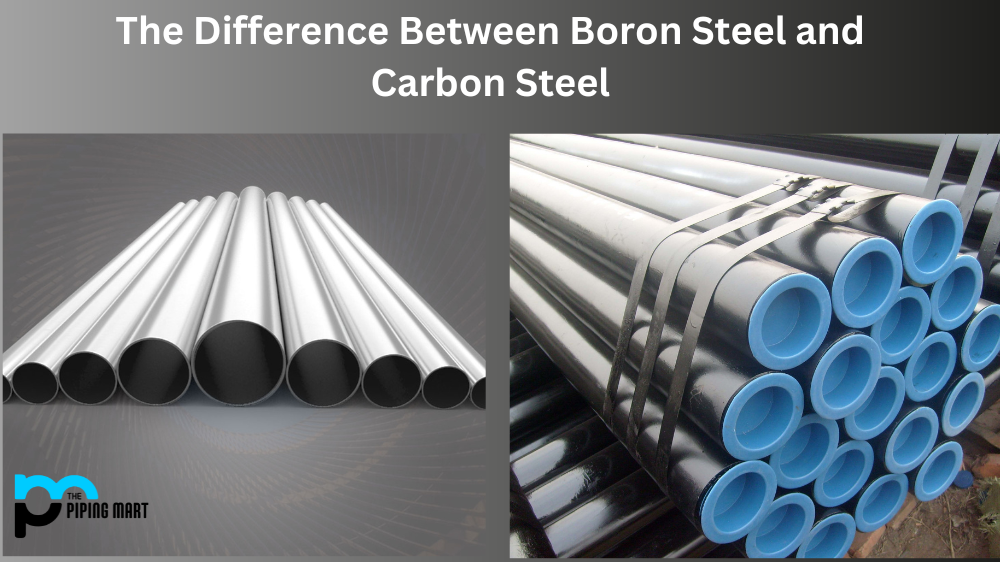Steel and aluminum have been used as building materials for centuries, but recent developments in both fields have caused them to be competing materials. Both metals offer unique properties that make them ideal for certain applications, so when it comes to choosing which one is right for a project, there are a few things to consider. Let’s take a look at the differences between steel and aluminium.
Strength vs. Weight Ratio
When comparing the strength-to-weight ratio of steel vs. aluminum, aluminium wins out every time. Aluminum is much lighter than steel but still offers great strength and durability. This makes it ideal for applications where weight is important, such as aircraft or lightweight vehicles. On the other hand, steel has a higher strength-to-weight ratio than aluminum, making it better suited for high-strength applications such as bridges or large structures.
Steel vs Aluminium Price
The cost of steel and aluminium varies depending on the metal used. Generally speaking, steel tends to be more expensive than aluminium due to the production process involved in creating it. However, some types of steel can be cheaper than aluminum. On the other hand, aluminium tends to be significantly more affordable than steel overall due to its lightweight properties and easy manufacturing process.
Durability
Both steel and aluminum offer great durability when properly cared for and treated with corrosion protection measures such as galvanizing or anodizing. Steel is known for its superior corrosion resistance, while aluminium can corrode over time if not cared for properly. As such, steel may be your best option if you’re looking for a material that will last longer without requiring maintenance or repairs. However, if you’re looking for something that won’t need much upkeep, aluminum could be your best bet, given its lower maintenance requirements than steel.
Steel is Stronger
One of the primary advantages of steel is that it is much stronger than aluminum. This is important for various applications, such as construction and automotive manufacturing. Steel is also less likely to deform under stress than aluminium, which is important in applications where safety is a concern.
Steel is More Durable
Another advantage of steel over aluminum is that it is more durable. Steel will not corrode as easily as aluminium, making it a better choice for outdoor applications or products exposed to harsh conditions. Additionally, steel is more resistant to damage from impact than aluminium, making it a better choice for products that may be subject to rough handling.
Aluminum is Lighter
One of the primary advantages of aluminum over steel is that it is much lighter. This is important in applications where weight is a concern, such as in the aerospace industry. Additionally, lighter products are often easier to transport and install than heavier products.
Aluminium Conducts Heat Better
Another advantage of aluminum over steel is that it conducts heat better. This makes it a better choice for applications where heat needs to be dissipated quickly, such as in electronic devices. Additionally, aluminium can create heat-resistant cookware that steel cannot match.
Aluminum Does Not Rust
A final advantage of aluminium over steel is that it does not rust. This makes it a better choice for outdoor applications or products exposed to moisture or other corrosive elements.
Conclusion:
When it comes down to deciding between using steel or aluminum in your next project, several factors need to be considered, including cost, strength-to-weight ratio, and durability, among others. Careful consideration should also be given to environmental impact since both metals are recyclable materials that can help reduce waste from landfills when appropriately reused. Ultimately, however, choosing between these two metals depends heavily on what kind of application you want them for – so make sure you weigh all your options before making a decision!

Abhishek is a seasoned blogger and industry expert, sharing his insights and knowledge on various topics. With his research, Abhishek offers valuable insights and tips for professionals and enthusiasts. Follow him for expert advice on the latest trends and developments in the metal industry.




